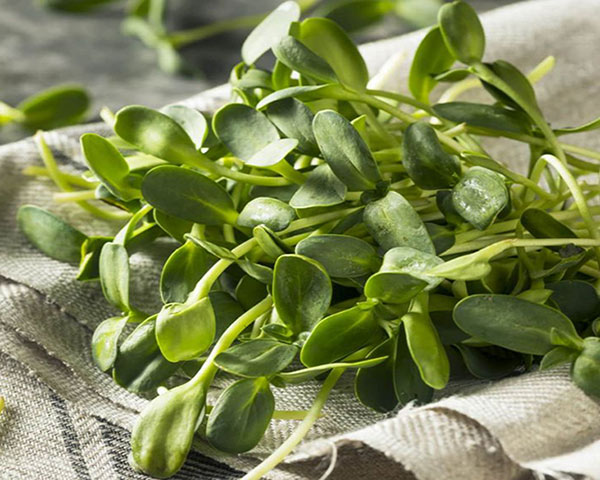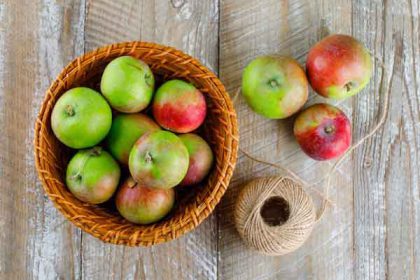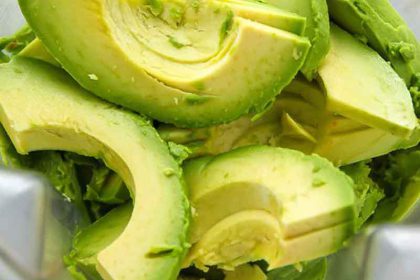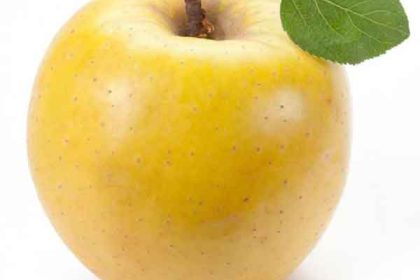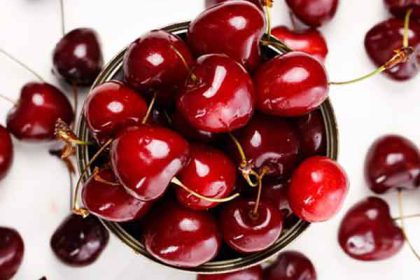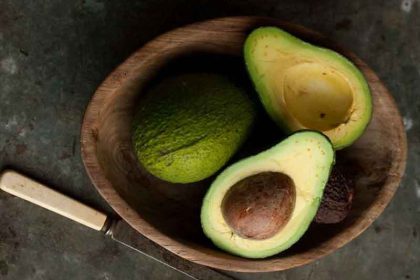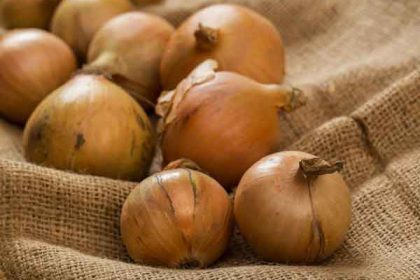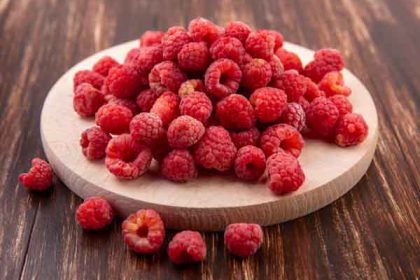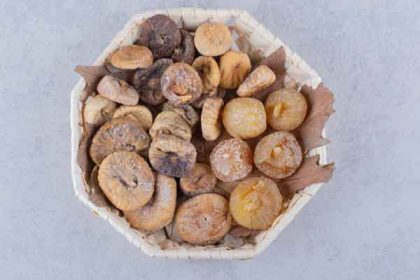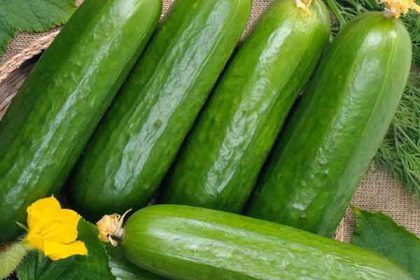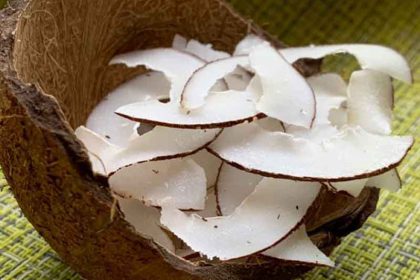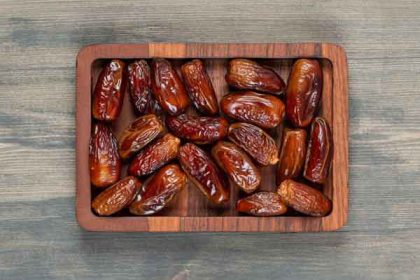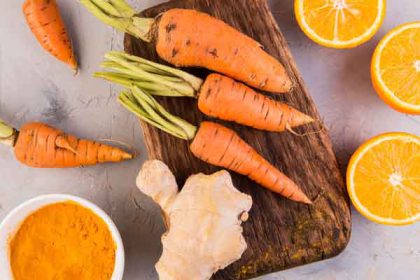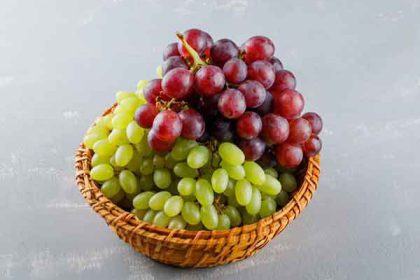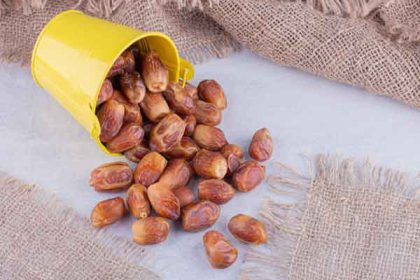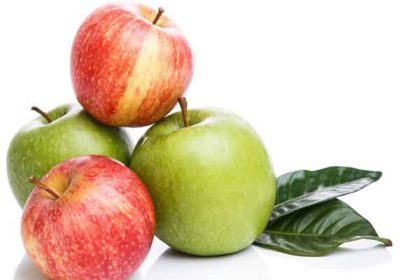Purslane benefits for skin and hair and medicinal uses
Purslane benefits
purslane benefits for skin and hair and medicinal uses on Nicholi site. We hope this article will be of interest to you.
Purslane, also known as Portulaca oleracea, offers a range of health benefits as well as potential side effects that should be considered before consumption. The plant is rich in nutrients, antioxidants, and omega-3 fatty acids, providing benefits such as improved heart health, immune system support, and digestive aid. It has been used in traditional medicine for wound healing, respiratory support, and skin conditions. Pregnant women should also refrain from consuming it due to its potential to induce uterine contractions. As with any herbal remedy, moderation and professional advice are essential for safe and effective use. Purslane can be enjoyed as a tea or included in various culinary dishes for its medicinal properties and overall nutritional value.
10 Health Benefits of Purslane
Purslane, scientifically known as Portulaca oleracea, is a leafy green plant that has been valued for centuries due to its numerous health benefits. This succulent plant is packed with essential nutrients, vitamins, and minerals, making it a valuable addition to any diet. Here are ten health benefits of incorporating purslane into your meals:
Rich in Nutrients: Purslane is an excellent source of vitamins A, C, and E, as well as essential minerals like potassium, magnesium, and calcium. These nutrients play vital roles in maintaining a healthy immune system, supporting bone health, and promoting overall well-being.
High Omega-3 Fatty Acids: Unlike most leafy greens, purslane contains significant amounts of omega-3 fatty acids. These heart-healthy fats are essential for brain function, reducing inflammation, and supporting cardiovascular health.
Antioxidant Properties: Purslane is abundant in antioxidants, such as flavonoids, betacyanins, and carotenoids, which help neutralize harmful free radicals in the body. This antioxidative action may reduce the risk of chronic diseases and slow down the aging process.
Anti-Inflammatory Effects: Studies have shown that purslane possesses anti-inflammatory properties, which can help alleviate symptoms of inflammatory conditions like arthritis and may support post-exercise muscle recovery.
Weight Management: The high fiber content in purslane can aid in digestion and promote a feeling of fullness, potentially assisting in weight management and preventing overeating.
Diabetes Management: Some research suggests that purslane may help regulate blood sugar levels, making it a beneficial addition to the diet for individuals with diabetes.
Cardiovascular Health: The combination of omega-3 fatty acids, potassium, and antioxidants in purslane can contribute to improved heart health by reducing cholesterol levels and supporting proper blood pressure regulation.
Bone Strength: The calcium, magnesium, and vitamin D present in purslane are essential for maintaining strong bones and preventing conditions like osteoporosis.
Digestive Health: The dietary fiber in purslane can promote a healthy digestive system, preventing constipation and supporting gut health.
Boosting Brain Function: The presence of vitamins C and E, along with omega-3 fatty acids, may support cognitive function and help protect against age-related cognitive decline.
With its impressive array of health benefits, incorporating purslane into your diet through salads, soups, or smoothies can be a simple and tasty way to enhance your overall well-being.
Purslane Benefits for Skin
Purslane’s benefits extend beyond internal health, as its properties can also work wonders for your skin. Whether applied topically or consumed, this humble plant can offer several advantages for your skin health. Here’s how purslane can contribute to a radiant complexion:
Skin Hydration: Purslane contains mucilage, a gel-like substance that helps retain moisture. When used in skin care products or applied directly to the skin, it can improve hydration levels, reducing dryness and flakiness.
Anti-Aging Effects: With its potent antioxidant content, including vitamins A, C, and E, purslane can neutralize free radicals that contribute to premature aging. Regular use may diminish the appearance of fine lines, wrinkles, and age spots.
Soothing Irritation: Purslane’s anti-inflammatory properties can help soothe skin irritation, redness, and inflammation caused by conditions like eczema, acne, or sunburn.
Acne Management: The antimicrobial properties of purslane may aid in controlling acne-causing bacteria, potentially reducing breakouts and promoting clearer skin.
Brightening Complexion: Purslane’s ability to inhibit melanin production may help brighten the skin, leading to a more even and radiant complexion.
Wound Healing: When applied topically, purslane may speed up the healing process of minor cuts, grazes, or wounds due to its tissue-repairing properties.
To enjoy these skin benefits, consider using purslane-infused skincare products or create your own homemade treatments with this versatile plant.
Purslane Benefits and Side Effects
Purslane has gained recognition for its various health advantages, but like any natural remedy, it’s essential to understand both its benefits and potential side effects. Before incorporating purslane into your routine, here’s what you should know:
Benefits:
Rich in Nutrients: Purslane is a nutritious green that provides essential vitamins, minerals, and omega-3 fatty acids, supporting overall health and wellness.
Antioxidant Power: The plant’s high antioxidant content helps protect the body against oxidative stress and may lower the risk of chronic diseases.
Anti-Inflammatory Properties: Purslane’s anti-inflammatory effects could help with conditions like arthritis and support post-exercise recovery.
Heart Health: The combination of omega-3s and potassium in purslane may contribute to better cardiovascular health by reducing cholesterol levels and promoting proper blood pressure.
Diabetes Management: Some studies suggest that purslane may aid in regulating blood sugar levels, potentially benefiting individuals with diabetes.
Side Effects:
Oxalates: Purslane contains oxalates, which may interfere with the absorption of certain minerals like calcium and may not be suitable for individuals prone to kidney stones.
Allergic Reactions: Although rare, some people may experience allergic reactions to purslane, resulting in skin irritation or respiratory issues.
Interaction with Medications: Purslane may interact with certain medications, especially blood thinners, leading to potential complications. Consult a healthcare professional if you are taking medications.
Pesticide Concerns: If harvested from the wild, purslane might be exposed to pesticides or pollutants, so it’s essential to source it from reliable and organic suppliers.
Unsafe During Pregnancy: Pregnant women should avoid consuming purslane due to its potential to stimulate uterine contractions.
Before making purslane a regular part of your diet or using it for medicinal purposes, it’s crucial to consult with a healthcare provider, especially if you have any underlying health conditions or concerns.
Who Should Not Eat Purslane
While purslane offers numerous health benefits, it may not be suitable for everyone. Certain individuals should exercise caution or avoid consuming purslane altogether due to potential risks and interactions. Here’s who should not eat purslane:
Pregnant Women: Purslane has been traditionally used to induce uterine contractions and may pose a risk of miscarriage. Pregnant women should steer clear of purslane consumption to avoid any potential complications.
Nursing Mothers: There is insufficient research on the safety of purslane during breastfeeding. To err on the side of caution, nursing mothers should avoid consuming purslane until more evidence becomes available.
Individuals with Kidney Stones: Purslane contains oxalates, which can contribute to the formation of kidney stones or exacerbate existing conditions. People with a history of kidney stones should avoid Purslane to reduce the risk of complications.
Allergic Reactions: Some individuals may be allergic to purslane, experiencing symptoms such as skin rashes, itching, or respiratory issues. If you have known allergies to similar plants, it’s best to avoid purslane.
Blood-Thinning Medications: Purslane contains natural anticoagulant properties, which could interfere with blood-thinning medications like Warfarin or Aspirin. People taking such medications should avoid Purslane to prevent bleeding complications.
Organ Transplant Recipients: Purslane’s immune-stimulating properties may interfere with immunosuppressive drugs prescribed to organ transplant recipients. If you have undergone organ transplantation, avoid purslane consumption without consulting your healthcare provider.
Concerns About Pesticides: Wild-harvested purslane may be exposed to pesticides or pollutants, making it unsuitable for individuals with pesticide sensitivities or compromised immune systems.
If you fall into any of these categories or have underlying health conditions, it’s crucial to seek advice from a qualified healthcare professional before adding purslane to your diet or using it for medicinal purposes. Always prioritize your health and well-being when considering any dietary changes or herbal remedies.
Purslane Benefits for Hair
Beyond its applications in culinary and medicinal practices, purslane also offers potential benefits for hair health. The nutrients and compounds found in this versatile plant can nourish the scalp, strengthen hair follicles, and promote overall hair health. Here’s how purslane can contribute to luscious locks:
Nourishing Scalp: Purslane’s vitamin and mineral content, including vitamins A, C, and E, nourish the scalp, promoting a healthy environment for hair growth.
Strengthening Hair Follicles: The omega-3 fatty acids in purslane can strengthen hair follicles from the root, reducing hair breakage and promoting thicker, healthier hair.
Hydrating Hair Strands: Purslane’s mucilage content aids in hair hydration, reducing dryness and enhancing the natural shine and softness of the hair.
Preventing Hair Loss: Purslane’s rich nutrient profile, combined with its anti-inflammatory properties, may help reduce hair loss and stimulate regrowth in some individuals.
Balancing Scalp Oil: Purslane can help balance the production of sebum on the scalp, preventing both oily and dry scalp conditions.
To utilize purslane for your hair’s benefit, consider incorporating it into homemade hair masks, and herbal rinses, or seek hair care products that contain purslane extracts. As with any new hair regimen, perform a patch test before applying it to your entire scalp to ensure no allergic reactions occur.
Purslane Medicinal Uses
Purslane, with its long history of use in traditional medicine, boasts an array of medicinal applications. The plant’s various beneficial compounds make it suitable for addressing several health issues. Here are some common medicinal uses of purslane:
Anti-Inflammatory Aid: Purslane’s natural anti-inflammatory properties can be beneficial in reducing inflammation and alleviating symptoms associated with conditions like arthritis and joint pain.
Wound Healing: Purslane has been used as a poultice or topical treatment for wounds due to its potential to speed up the healing process and reduce infection risk.
Gastrointestinal Relief: In traditional medicine, purslane has been utilized to alleviate gastrointestinal issues like constipation, diarrhea, and indigestion.
Respiratory Support: Purslane has been used to soothe respiratory ailments such as coughs and sore throats, thanks to its soothing and mucilaginous properties.
Skin Conditions: Purslane’s anti-inflammatory and antioxidant effects may help with skin conditions like eczema, psoriasis, and acne when used as a topical treatment.
Immune System Booster: The high vitamin C content in purslane can support the immune system, aiding the body’s natural defense mechanisms.
Diuretic Properties: Purslane has been traditionally used as a diuretic to promote urine production and aid in the elimination of waste from the body.
While purslane’s medicinal uses have been recognized for generations, it’s crucial to consult with a qualified healthcare professional before using purslane for any specific medical condition. Herbal remedies can have interactions with medications or may not be suitable for certain individuals, so professional guidance is essential to ensure safe and effective use.
Purslane Tea Benefits
Purslane tea is a delightful and nutritious herbal infusion that can offer a range of health benefits. Made from the leaves and stems of the purslane plant, this tea is rich in antioxidants, vitamins, and minerals, making it an excellent addition to your wellness routine. Here are some of the potential benefits of drinking purslane tea:
Antioxidant Power: Purslane tea is packed with antioxidants like flavonoids and betacyanins, which help protect cells from oxidative damage and reduce the risk of chronic diseases.
Immune System Support: The high vitamin C content in purslane tea can bolster the immune system, helping the body fend off infections and illnesses.
Heart Health: The tea’s omega-3 fatty acids and potassium content may contribute to improved heart health by reducing cholesterol levels and supporting proper blood pressure regulation.
Digestive Aid: Drinking purslane tea can support digestive health by promoting regular bowel movements and reducing gastrointestinal discomfort.
Hydration: Purslane tea offers a hydrating option, especially when consumed without added sweeteners or artificial ingredients.
Stress Reduction: Purslane tea’s calming properties may help alleviate stress and promote relaxation, making it an excellent choice for unwinding after a busy day.
Bone Support: The calcium and magnesium in purslane tea can contribute to maintaining strong bones and preventing osteoporosis.
To make purslane tea, simply steep fresh or dried purslane leaves and stems in hot water for several minutes. You may enhance the flavor by adding a squeeze of lemon or a touch of honey. Enjoy this nourishing herbal brew as part of your daily wellness routine.
Purslane Side Effects
While purslane offers numerous health benefits, it’s essential to be aware of potential side effects, especially in certain circumstances or when consumed in excess. Here are some considerations regarding the side effects of purslane:
Allergic Reactions: Some individuals may be allergic to purslane, resulting in skin rashes, itching, or respiratory issues. If you suspect an allergic reaction, discontinue use and seek medical attention if necessary.
Interactions with Medications: Purslane contains natural anticoagulant properties, which could interact with blood-thinning medications like Warfarin or Aspirin. Avoid consuming Purslane if you are taking such medications to prevent bleeding complications.
Oxalate Content: Purslane contains oxalates, which may contribute to kidney stones or worsen existing conditions. People prone to kidney stones should limit their purslane intake.
Unsafe During Pregnancy: Due to its potential to stimulate uterine contractions, pregnant women should avoid consuming purslane to reduce the risk of miscarriage.
Pesticide Concerns: Wild-harvested purslane may be exposed to pesticides or pollutants, which could pose health risks. Opt for organic and responsibly sourced purslane to minimize potential contaminants.
Gastrointestinal Distress: Some individuals may experience mild gastrointestinal discomfort after consuming purslane, such as bloating or gas. If you notice such symptoms, reduce your intake or avoid it altogether.
Diuretic Effects: Purslane’s diuretic properties may lead to increased urine production, potentially causing dehydration if not properly hydrated.
As with any herbal remedy or dietary change, it’s crucial to practice moderation and be aware of your body’s response to purslane. If you have underlying health conditions or concerns, consult with a qualified healthcare professional before incorporating purslane into your diet or using it for medicinal purposes.

